If you want to learn forex trading, it is important to know that there is no one-size-fits-all answer to this question. It depends on your level of experience and knowledge, as well as your commitment to learning. However, we can give you some general guidelines on how long it might take to learn forex trading.
If you have no prior experience with forex trading, it might take you a few weeks or even months to get a basic understanding of the concepts and strategies involved. However, if you are already familiar with other financial markets such as stocks or futures, then you might be able to speed up the learning process.
Forex trading is a popular way to make money online. However, it can be difficult to learn at first. There are many things to learn and understand before you can start making money. In this blog post, our Forex experts will discuss how long it takes to learn forex trading and what you need to know in order to get started!
Factors to Consider Before You Start
Flexibility
The first and most important consideration is your flexibility. To be a successful forex trader, you must be adaptable. As a currency trader, you must react to current market sentiments and situations.
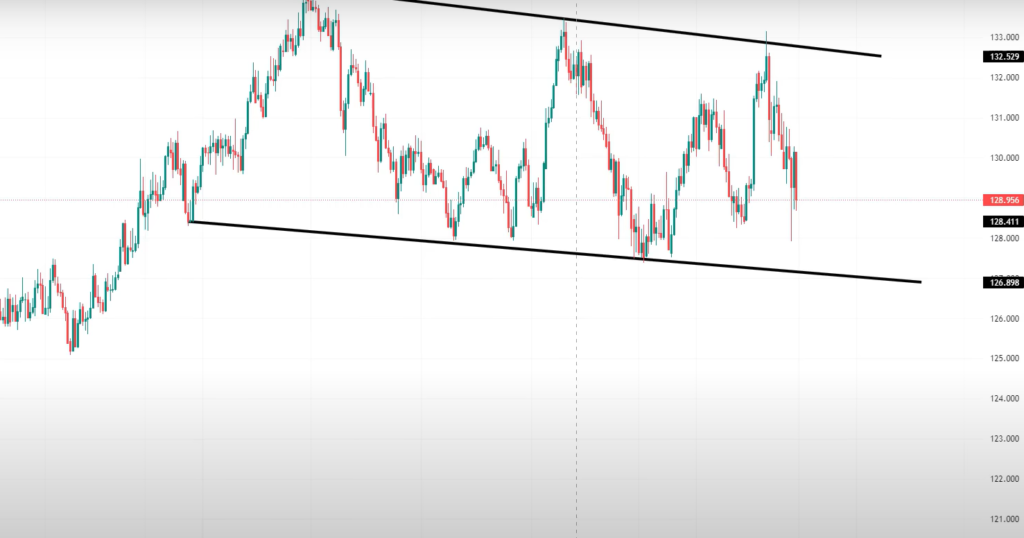
If you are not flexible or open-minded, it will take longer for you to master forex trading. It will be easier for you to learn new things and modify as required if you are flexible and open-minded. So one of the key elements is how flexible you are [1].
How Many Efforts You Are Ready To Put In
Another important factor is how much effort you are willing to put in. Learning forex trading takes time and effort. The more time and effort you put in, the faster you will learn. However, if you are not willing to put in the required time and effort, it will take longer for you to master forex trading.
You should also consider your goals when deciding how long it will take you to learn forex trading. If your goal is just to make some extra money, it will probably take less time than if your goal is to become a professional trader.
It is important to note that there is no set timeframe for learning forex trading. It all depends on the individual factors mentioned above. So, if you are willing to put in the required time and effort, you can learn forex trading relatively quickly.
Investing In Self-Education
The foreign exchange market, or forex, is one of the most exciting markets in the world. It’s also one of the fastest-growing markets, with a daily turnover of more than $ trillion.
If you’re thinking about getting started in forex trading, you may be wondering how long it will take to learn everything you need to know. The answer depends on a number of factors, including your previous experience with financial markets and your willingness to invest in self-education.
One of the biggest factors in how long it takes to learn forex is your willingness to invest in self-education. There are a number of excellent resources available to help you learn about forex trading, including books, online courses, and tutorials. If you’re willing to put in the time and effort to learn, you can start trading within a few weeks or months.
Best Ways to Learn Forex Trading
Micro Forex Account
One of the best ways to learn forex trading is to open a micro forex account. This type of account allows you to trade with small amounts of money, which means that you can make mistakes without losing a lot of money. You can also get a feel for how the market works without investing a lot of money.
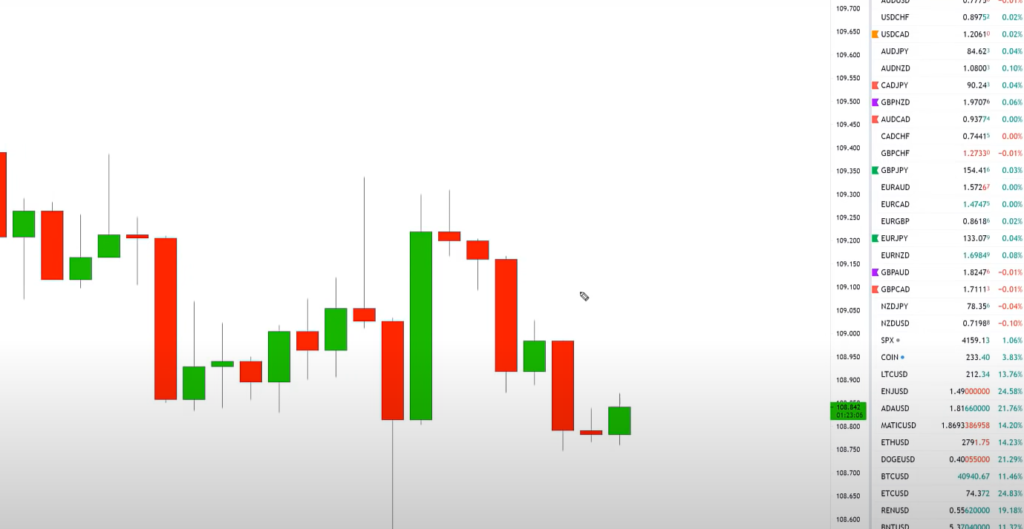
Micro Forex accounts are available from many different brokers, and they typically require a deposit of $100 or less. Some brokers may even offer no-deposit micro accounts, which means that you can start trading with real money without risking any of your own money.
Demo Accounts
A demo account allows you to trade in the real forex market without actually risking any of your own money. You can test out different strategies and see how they work in the real world. Demo accounts are typically available from online brokers.
Once your demo account expires, you will usually be able to open another one [2].When you are ready to start trading with real money, be sure to choose a broker that offers a micro account or a demo account so that you can continue to practice and hone your skills.
Training Courses
Many different training courses available can teach you how to trade Forex. These courses can be expensive, but they will give you a solid foundation on which to build your trading career.
Some courses are offered online, while others are held in person. You can also find many books and other resources that will teach you about Forex trading.
Self-Education
If you are the type of person who likes to learn on your own, many resources available can help you learn about Forex trading. You can find books, websites, and even video courses that will teach you everything you need to know.
One of the best ways to learn is by doing. So once you have a basic understanding of how the market works, start trading with small amounts of money so that you can get some experience under your belt.
Individual Training
If you want to get the most out of your forex trading career, you may want to consider getting some individual training. This type of training is usually more expensive than other methods, but it can be very helpful.
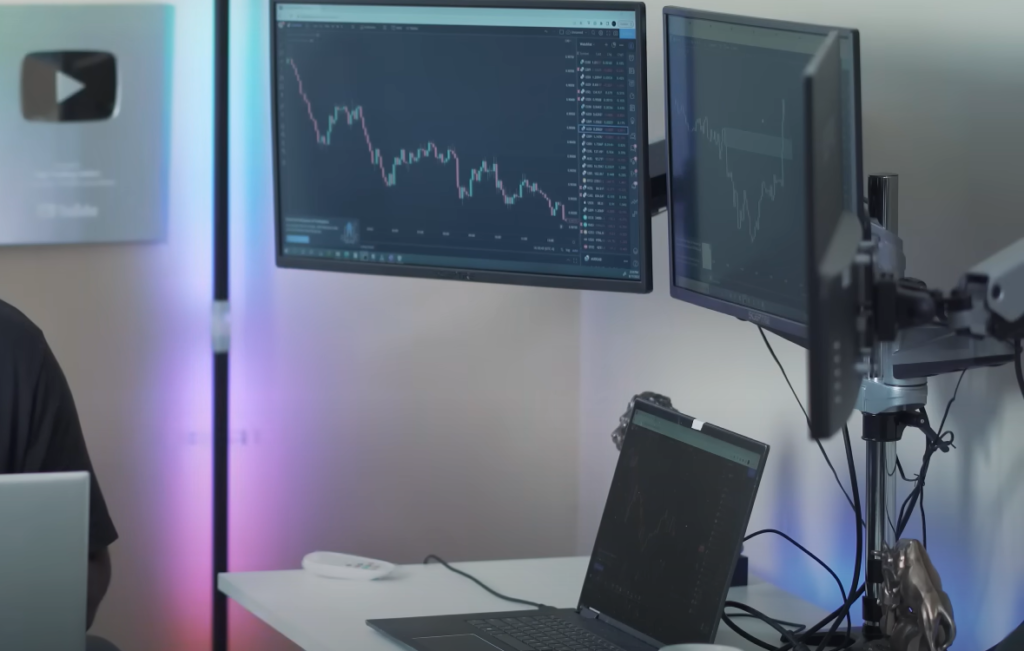
Individual training can take many different forms. You can hire a personal coach, or you can find someone who will trade with you and give you feedback on your performance.
No matter how you choose to learn forex trading, be sure to start slowly and carefully. The market can be volatile, and it takes time to learn how to trade successfully. With patience and practice, you will eventually become a successful trader.
Video Lessons
If you want to learn forex trading, but you don’t have the time or money to invest in a training course, another option is to take some video lessons. Video lessons can be found for free online, and they can be a great way to learn the basics.
Most video lessons are fairly short, so you can watch them at your own pace. You can also pause and rewind the videos if you need to review something.
Learning forex trading doesn’t have to be difficult or expensive. There are many different ways that you can learn, and it’s important to find the method that works best for you. With a little effort, you can become a successful trader in no time.
The best way to learn forex trading is to combine several different methods. Use a micro account or demo account to practice your skills, take a training course to get a solid foundation, and read books and other resources to learn as much as you can.
By using multiple methods, you will gain a well-rounded understanding of the market and how it works.
Learning To Trade Forex
Learning Technicals Takes Time
It is important to note that, while it is possible to start trading forex without any prior experience or knowledge, it will take time to learn the ropes and become successful at it.
There are a lot of different concepts and technical terms involved in Forex trading, and it can be overwhelming for someone just starting out. That’s why patience is key when learning how to trade forex. It takes time to develop the skills needed to be a successful trader, but it is well worth the effort [3].
Learning about the basics of the Forex price action (support and resistance, for example) will only take you a few months. Of course, over time, you’ll be able to spot levels faster and react to situations quicker, but the fundamentals of price action are quite basic.
Learning The Psychology And Risk Management
It takes a long time to learn the psychology and risk management aspects of forex. This is something that needs a significant amount of effort and personal introspection. We strongly suggest keeping a diary of all your forex transactions and advances in psychology to help you go faster.
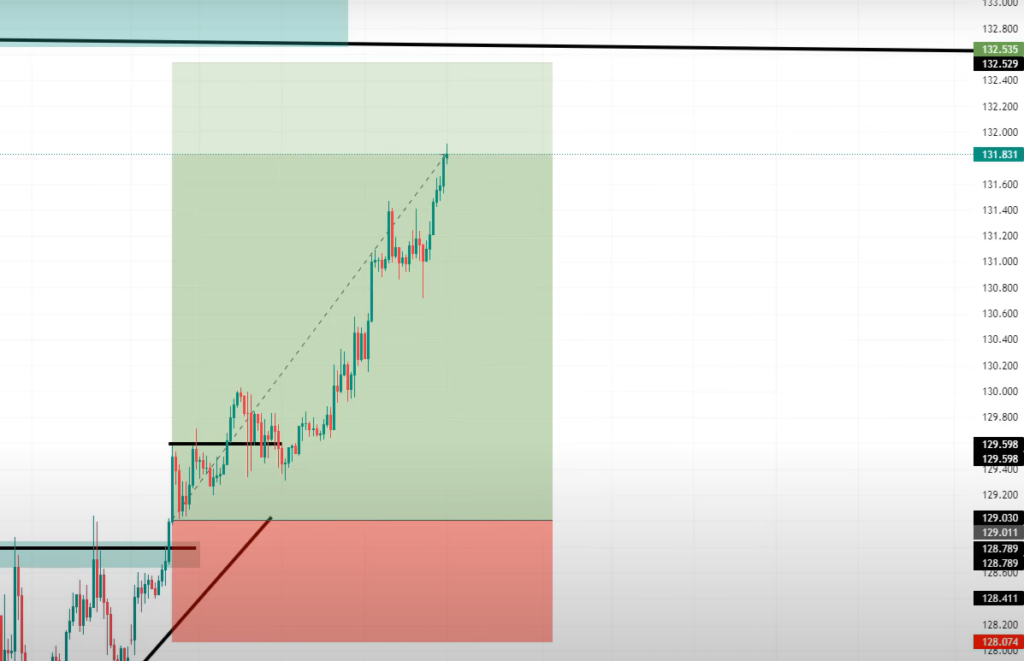
It takes time to master your emotions and make logical decisions. It takes a lot of effort to prepare yourself for every scenario. When you’re dealing with a large sum of money, this is especially crucial.
This step is crucial. It’s easy to forget, but failing to do so might result in your Forex account being closed down over time. The distinction between successful traders and those who lose a significant amount of their accounts is based on risk management and solid psychological skills [4].
Avoiding The Common Mistakes
Changing Strategies
Changing tactics frequently is the most frequent mistake that slows down the learning process. If you devote 3 months to mastering a supply and demand trading system only to abandon it and trade support/resistance, you’re simply wasting time.
Over-Leveraging and Lack Of Risk Management
Leverage is a great tool that allows you to make big profits with small capital. However, also a double-edged sword can easily wipe out your account if used recklessly.
Most newbie traders over-leverage their accounts, thinking that this is the key to making big money in Forex. Unfortunately, all it takes is a few losing trades and their entire account is blown up.
Without proper risk management, you’re essentially gambling with your money instead of trading responsibly. So always use stop losses and take profit targets to protect your capital.
Not Backtesting Your Strategies
If you’re not testing your trading strategies on historical data, you’re essentially flying blind. You have no idea if your strategy is profitable or not until you test it out on past price action.
Fortunately, back-testing is relatively easy to do with today’s technology. There are plenty of software programs that allow you to test your strategies with ease.
So make sure to spend enough time back-testing your Forex trading strategies before risking real money in the markets.
No Position Sizing
Position sizing is another key element of proper risk management. It allows you to control your risk on every trade, no matter how big or small your account size is.
Unfortunately, most newbie traders don’t bother with position sizing and just randomly pick a lot sizes for their trades. This is a surefire way to blow up your trading account.
No Managing Your Trading Time
Last but not least, you need to manage your trading time effectively if you want to be a successful Forex trader. This means finding the right balance between trading and other important aspects of your life.
If you’re spending all day in front of the computer screen, you’re going to burn out quickly.
So find a happy medium where you can trade effectively without sacrificing your health or well-being [5].
Trading During Weekend Gaps
One of the most common mistakes that newbie traders make is trading during weekend gaps. Just because the markets are open doesn’t mean you should be trading.
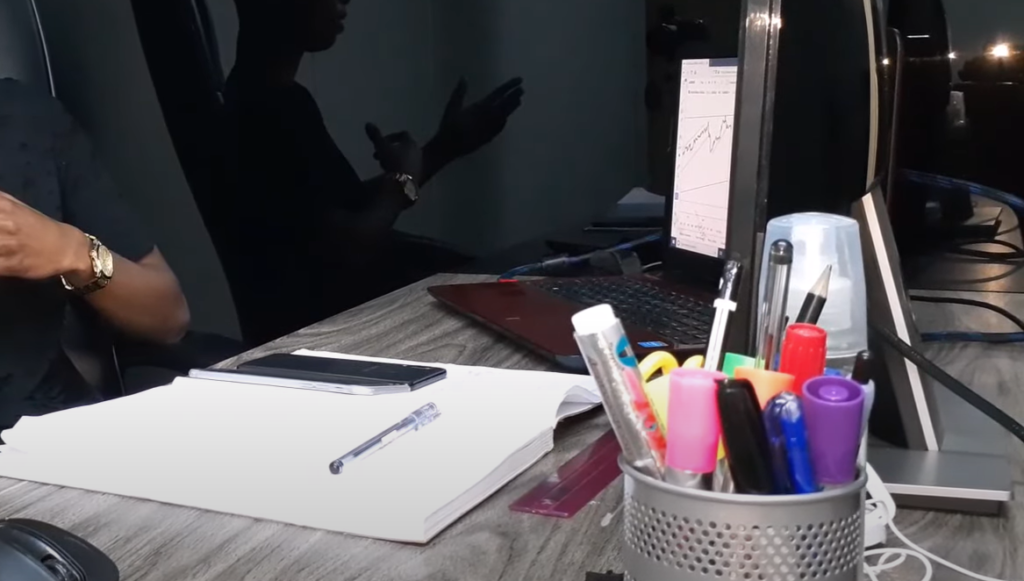
The truth is, most of the time the market doesn’t do much during weekends. So unless you have a very good reason to trade, it’s best to just stay on the sidelines and wait for the week to start.
Of course, there will be times when the market does move during weekends (which can present some great trading opportunities). However, as a general rule, it’s best to avoid weekend trading unless you really know what you’re doing.
Not Watching the News
Another mistake that many newbie traders make is not paying attention to the news. The Forex market is very sensitive to news and economic events.
If you’re not keeping up with the latest news, you’re going to miss out on a lot of potential trading opportunities. Not to mention, you could also be caught off guard by some unexpected market moves.
So make sure to stay up-to-date with all the latest news and economic releases. This will help you make better trading decisions and avoid any surprises in the market.
Risking What You Can’t Afford To Lose
This might sound like common sense, but you’d be surprised how many newbie traders risk more money than they can afford to lose.
Don’t let greed cloud your judgment and always trade with money that you’re comfortable losing. This way, even if you do make some bad trades, it won’t affect your financial well-being in the long run.
Of course, this doesn’t mean that you should never try to make any profits. But always remember to keep your risk in check or else you could end up blowing up your account.
In conclusion, there are a number of mistakes that newbie Forex traders often make. Avoid these mistakes and you’ll be well on your way to becoming a successful trader!
Not Sticking To The Plan
One of the most important things for a trader is to have a solid trading plan. This plan should include your entry and exit criteria, as well as your risk management rules.
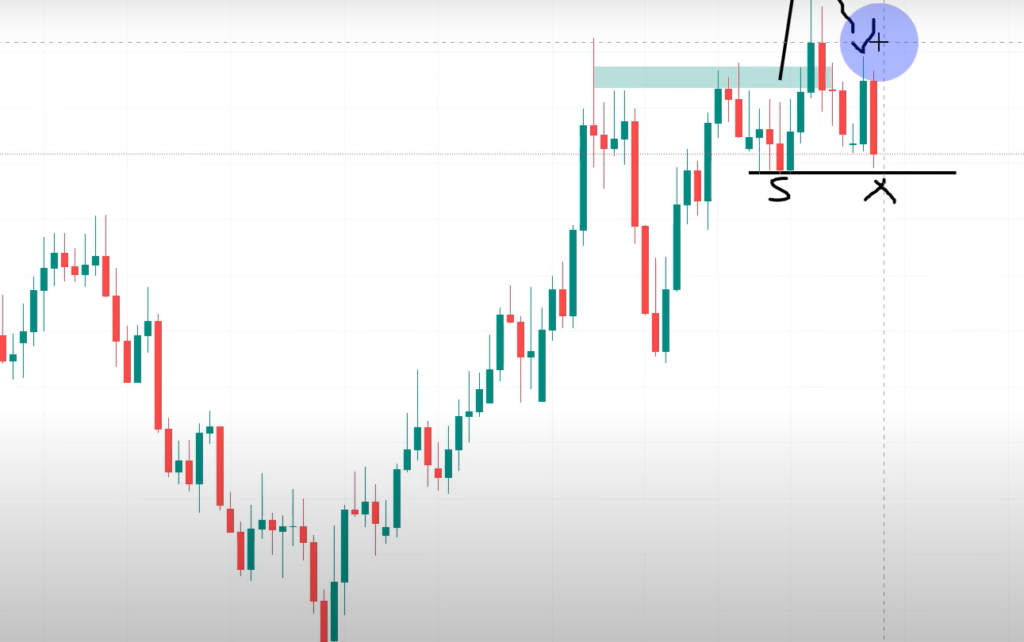
However, many newbie traders often don’t stick to their plans. They either take trades that don’t fit their criteria or they hold on to losing positions for too long.
FAQ
How long did it take you to become profitable in Forex?
It may take on average 6-12 months for new Forex traders to achieve profitability, which subsequently sustained itself into the future. Put in at least several hours every day while learning a new market. It might take you longer to become profitable if you only work one hour each day. [6]
Can Forex be a full-time job?
Yes, it can be a full-time job. It takes dedication and hard work to become a full-time Forex trader. You need to have the passion for trading and the willingness to put in the time needed to learn all you can about Forex trading.
Can Forex make you rich?
Yes, Forex can make you rich if you are willing to put in the work needed to become a successful trader. Remember that there is no guarantee of success in any financial endeavor and that past performance is not necessarily indicative of future results. Anyone who tells you otherwise is likely trying to sell you something.
If you’re dedicated to learning and growing as a Forex trader, then there’s no reason why you can’t achieve success over the long term. While it may not happen overnight, consistent effort and hard work will pay off in the end. Stay disciplined, patient, and focused on your goals, and you could one day find yourself among the ranks of the most successful Forex traders.
Who is the richest Forex trader?
The title of “richest Forex trader” is often claimed by George Soros. Soros is a Hungarian-American investor, business magnate, philanthropist, and political activist. He is considered to be one of the most successful hedge fund managers in history.
Soros began his financial career as a clerk on Wall Street. He went on to earn an MBA from Harvard Business School before starting his own hedge fund, Soros Fund Management, in 1970. Today, his firm manages over $30 billion in assets [7].
Is Forex a gamble?
No, Forex is not a gamble. It’s a speculative market, which means that there is some risk involved in trading, but it is possible to make consistent profits over time with the proper education and approach.
Gamblers typically take on more risk than they can afford to lose in hopes of winning big, but this isn’t the case with Forex trading. A responsible trader always has a solid plan and risk management strategy in place to protect their capital and limit their downside potential.
Why do Forex traders fail?
There are a number of reasons why Forex traders fail, but some of the most common include:
- Not having a well-defined trading plan;
- Taking on too much risk;
- Failing to stick to their trading plan;
- Not managing their emotions properly;
- Letting emotions dictate their trading decisions;
If you can avoid these pitfalls, then you’ll be well on your way to success in the Forex market. Remember that there is no Holy Grail in trading; even the best traders have lost trades from time to time. The key is to always focus on your long-term goals and not let short-term losses derail your plans.
How much can you make daily in Forex?
A Forex trader with a decent strategy and a winning track record can make 5% to 15% per month using leverage, even if the win rate is low.
How long does it take to learn Forex without buying a Forex course?
You can learn the basics of Forex trading without buying a Forex course, but it will take considerably longer if you don’t have any guidance. A good Forex course will teach you the ins and outs of the market and give you a solid foundation to build your trading career. Without this foundation, it will be very difficult to achieve long-term success in the market.
Useful Video: HOW LONG DOES IT TAKE TO LEARN FOREX?
References:
- https://stayathometrader.com/mastering-forex
- https://forexbrokerreport.com/how-long-does-it-take-to-learn-forex-trading
- https://trading-education.com/road-to-becoming-forex-trader-how-long-does-it-take-to-learn-currency-trading
- https://forexbrokerreport.com/how-long-does-it-take-to-learn-forex-trading/
- https://www.protradingschool.com/learn-forex-trading/
- https://www.forexfactory.com/thread/1006807-how-long-did-it-take-you-to-become
- https://tradersunion.com/interesting-articles/richest-forex-traders-trading-secrets-life-stories
- https://www.thebalance.com/how-much-money-can-i-make-forex-day-trading-1031013

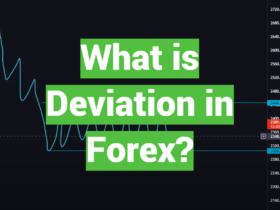



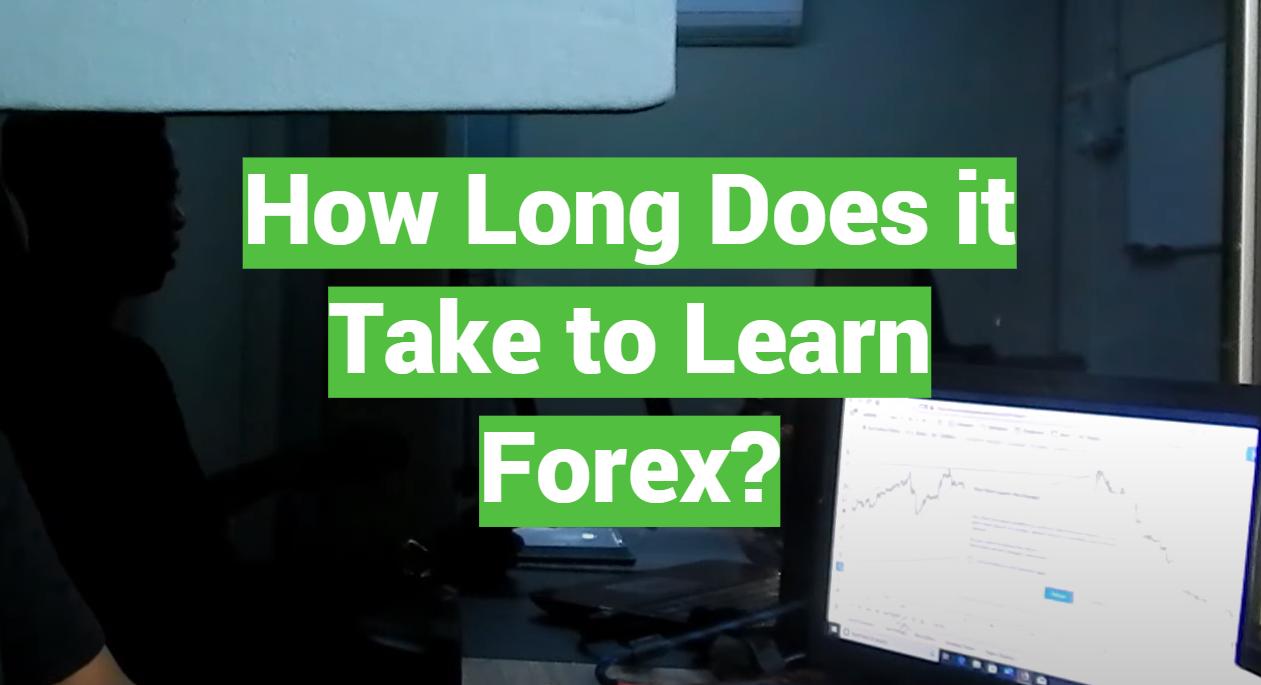




Leave a Review